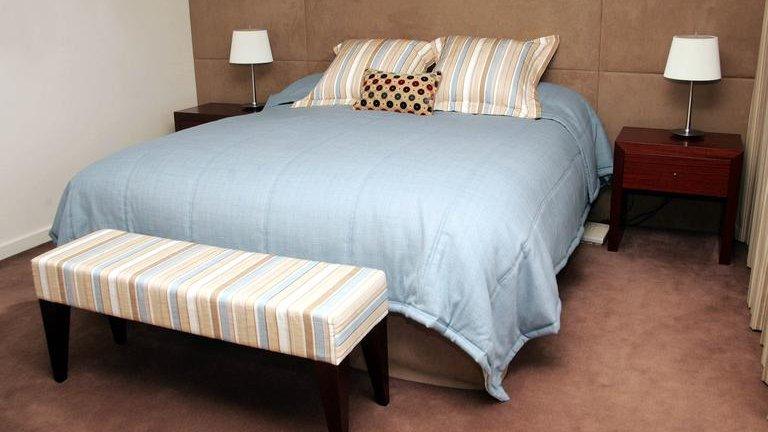Family of disabled grandson: 'Bedroom tax unfair'
- Published
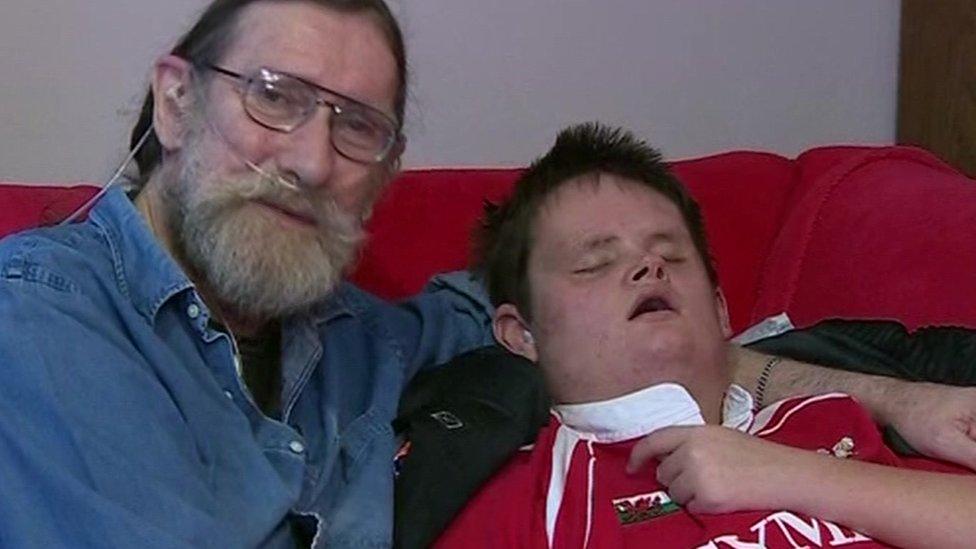
Paul Rutherford cares for his grandson, Warren, 15
A couple who care for their severely disabled grandchild have described the so-called bedroom tax as "unfair" after winning an appeal.
Susan and Paul Rutherford argued a spare room in their Pembrokeshire home was essential as it was used by carers who look after Warren, 15, overnight.
The Court of Appeal has now ruled the spare room subsidy - which reduces housing benefit for social housing tenants - is "unlawful".
The couple said they were "delighted".
The Department for Work and Pensions (DWP) said it had already been granted permission to appeal the judgment at the Supreme Court.
Mr Rutherford, of Clunderwen, told the BBC: "It was just so unfair, somebody had to do something to get the law changed, or the situation changed."
He added: "We're all saving the government millions of pounds between us and we need looking after and helping, rather than penalising. us."
Mr and Mrs Rutherford's appeal focused on the impact of the policy on disabled children needing overnight care.
'Fear'
The couple continued their fight, despite a short-fall in payments being covered by Pembrokeshire council.
Mr Rutherford added: "It was just the fear that, what happens if this money stops?"

Warren's care
Warren suffers from a rare genetic disorder which means he is unable to walk or talk, cannot feed himself and needs 24-hour care.
His family's spare room is used by carers, who sometimes stay overnight, and to store the medical equipment he needs.
Warren's grandparents, who provide around-the-clock to care, say they live in constant fear he might lose his home and have to go into care.
Disabled adults who need a spare room for carers are exempt from the benefit restriction, but the same does not apply to children.
The family's lawyers have argued those with severely disabled children should be entitled to the same exemption as disabled adults.

A second appeal concerned a woman, identified only as "A", in relation to the effect of the policy on women living in properties adapted because of risks to their lives.
Her home was equipped with a panic room.
Paul Rutherford speaks to the BBC with his grandson Warren
In both, the appellants claimed the policy unlawfully discriminated against them
Lord Chief Justice, Lord Thomas, Lord Justice Tomlinson and Lord Justice Vos, allowed both appeals, on the grounds that the "admitted discrimination" in each case "has not been justified by the Secretary of State".
The housing benefit changes - dubbed the "bedroom tax" by Labour - were introduced in April 2013. Since then families claiming housing benefits have been assessed for the number of bedrooms they actually need.
Families deemed by their local authorities to have too much living space have received reduced payments.
'Fundamentally disagree'
The government rejects the term "bedroom tax", saying the regulations remove what is in fact a "spare room subsidy".
The DWP said it "fundamentally disagrees" with the Court of Appeal ruling, which it said "directly contradicts" a previous High Court ruling it its favour.
A spokesperson said: "We know there will be people who need extra support.
"That is why we are giving local authorities over £870m in extra funding over the next five years to help ensure people in difficult situations like these don't lose out."
- Published27 January 2016
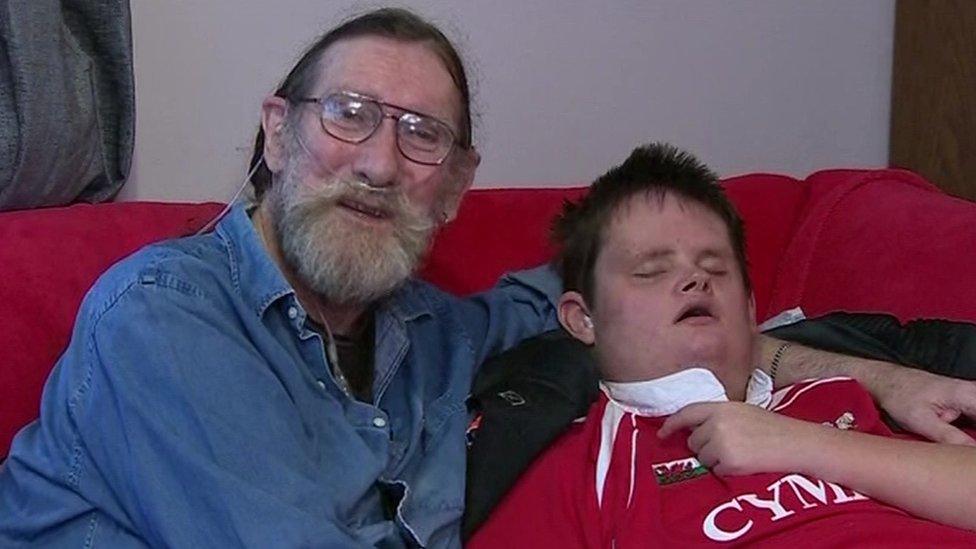
- Published19 November 2014
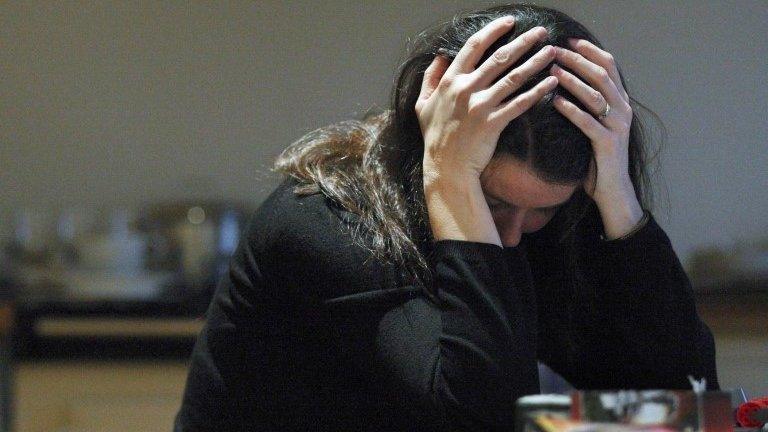
- Published30 May 2014
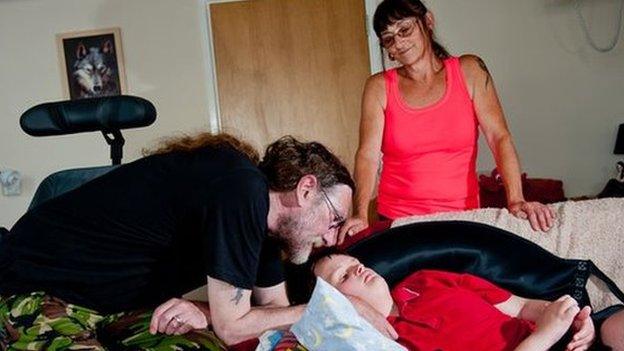
- Published30 July 2013
